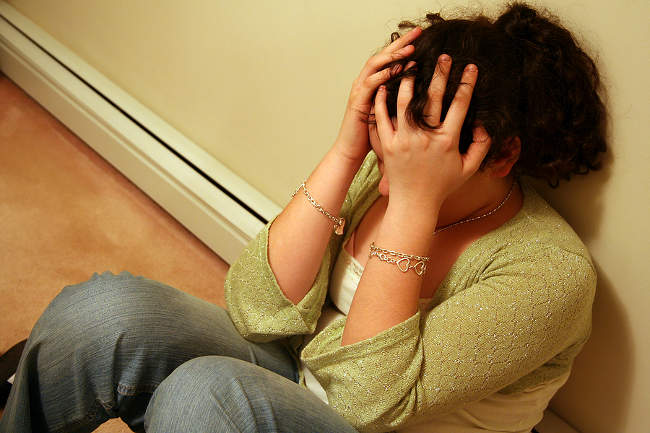Home – CALL 085 160 0999
Phone: 059 9171909 Mobile: 085 1600999
Email: info@carlowcounselling.ie
Carlow counselling have qualified, experienced and accredited counsellors in all areas of need and support therapy. Our Therapists/ Counsellors have worked in the fields of counselling and therapy for many years. We work with individuals and also couple/relationship counselling. We are fully accredited with professional bodies appropriate to our areas of expertise, and collectively have degree qualifications in Counselling, Psychotherapy and Medicine.
Confidentiality and privacy are guaranteed.
We are situated in a private, discrete location. Note: time is afforded between clients to protect your privacy. If you would like to make an appointment with a counsellor in a safe, confidential, non-judgmental environment, please contact us at the e-mail address or phone numbers below.
Panic Attacks
Panic attacks are sudden feelings of terror that strike without warning. These episodes can occur at any time, even during sleep. A person experiencing a panic attack may believe that he or she is having a heart attack or that death is imminent. The fear and terror that a person experiences during a panic attack are not in proportion to the true situation and may be unrelated to what is happening around them.
Most people with panic attacks experience several of the following symptoms:
- “Racing” heart
- Feeling weak, faint, or dizzy
- Tingling or numbness in the hands and fingers
- Sense of terror, of impending doom or death
- Feeling sweaty or having chills
- Chest pains
- Breathing difficulties
- Feeling a loss of control
Panic attacks are generally brief, lasting less than ten minutes, although some of the symptoms may persist for a longer time. People who have had one panic attack are at greater risk for having subsequent panic attacks than those who have never experienced a panic attack.
When the attacks occur repeatedly, a person is considered to have a condition known as Panic Disorder. People with Panic Disorder may be extremely anxious and fearful, since they are unable to predict when the next episode will occur. Panic Disorder is fairly common and affects about 2.4 million people in the U.S., or 1.7% of the adult population between the ages of 18 and 54. Women are twice as likely as men to develop the condition, and its symptoms usually begin in early adulthood.
It is not clear what causes Panic Disorder. In many people, its symptoms develop in association with major life changes (such as getting married, having a child, starting a first job, etc.) and major lifestyle stressors. There is also some evidence that suggests that the tendency to develop Panic Disorder may run in families. People who suffer from Panic Disorder are also more likely than others to suffer from depression, attempt suicide, or to abuse alcohol or drugs.
Luckily for sufferers of frequent panic attacks, Panic Disorder is a treatable condition. Psychotherapy and medications have both been used, either singly or in combination, for successful treatment of Panic Disorder. If medication is necessary, your doctor may prescribe anti-anxiety medications, antidepressants, or a class of heart medications known as beta blockers to help control the episodes in Panic Disorder.
Depression
People suffering from major depression have five or more of the following symptoms:
- Depressed mood – Felt for most of the day, nearly every day. A person may feel sad, empty or hopeless, or someone else may be noticing a person’s mood.
- Loss of interest or pleasure – Inability to experience pleasure. Not interested in previous hobbies, social activities, sex, etc.
- Appetite or weight change – Significant weight loss or gain. Decrease or increase in appetite nearly every day.
- Sleep changes – Either insomnia or hypersomnia nearly every day.
- Feelings of restlessness/agitation or feeling “slowed down”.
- Fatigue or loss of energy every day.
- Feelings of worthlessness or excessive, inappropriate guilt nearly every day.
- Concentration problems – Indecisive, memory problems, or difficulty focusing.
- Suicidal thoughts.
If you find that you have a number of the above symptoms, but fewer than five, and not as frequent, you may be suffering from a milder form of depression.
Is counselling right for you?
Counselling can help you explore underlying causes of your depression and it can help you get in touch with some of the unrecognized emotions that trigger your depression. As you explore these triggers and the behaviour patterns that result, you can begin to feel better and make some desired changes.



